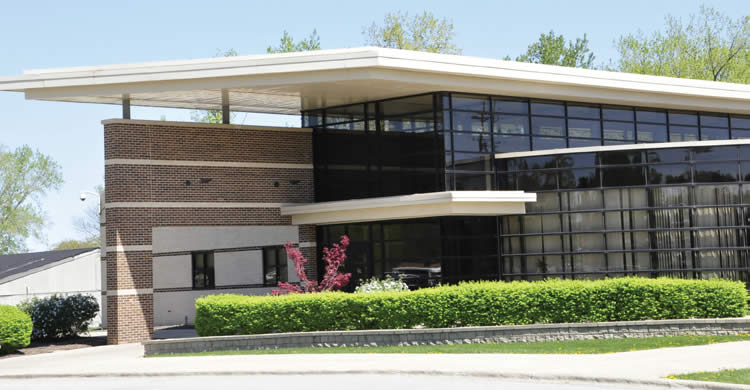CHICAGO–(ENEWSPF)–August 5, 2010. In a matter of weeks, students will begin their mass migration to college campuses throughout Illinois and the nation. Concerns about roommates, dorm food and social calendars will likely be top of mind, but it’s important for parents to remind their children how to be fire safe while they are away at school, the Office of the Illinois State Fire Marshal (OSFM) urges.
“Thanks to early intervention programs, these young adults have been exposed to many fire safety messages throughout their lives,” said Larry Matkaitis, Illinois State Fire Marshal. “However, college offers many distractions that could lead to complacency. Parents should take the time to discuss common-sense fire safety with their college-bound students.”
OSFM offers the following information for parents to use when discussing fire safety:
Be prepared for a fire
• All buildings (residence halls and classrooms) should have an evacuation plan. Learn it and participate in all fire drills as if they were the real thing. False alarms are no joke – report them.
• Identify and plan for people who may require alternative forms of notification if a fire occurs and those who may need assistance to evacuate the building.
• If you have a disability, make sure you are included in the escape planning for your classroom area and housing.
• Learn the location of all building exits. You may have to find your way out in the dark.
• If a fire occurs, smoke alarms cut your chances of dying nearly in half. Don’t disable them or remove their batteries.
• Fire sprinkler systems can save lives and property. They protect their immediate area by extinguishing or containing flame. Don’t hang anything from sprinkler pipes or nozzles.
• Portable fire extinguishers can put out small, contained fires. Don’t play with them.
• Be sure residence halls, apartments or fraternity/sorority houses have working smoke alarms. By law, smoke alarms must be within 15 feet of every room used for sleeping purposes.
Smoking
• If you must smoke, smoke outside the building and only where it’s permitted.
• Use deep, wide, sturdy ashtrays. Ashtrays should be set on something that is sturdy and hard to ignite.
• To prevent a deadly cigarette fire, you have to be alert. You won’t be if you are sleepy, have been drinking, or have taken medicine or other drugs.
• Before you throw out butts and ashes, make sure they are out. Dowsing in water or sand is the best way to do that.
• After a party, check under furniture cushions and in other place people smoke for cigarette butts that may have fallen out of sight.
Candles
• Fire officials are very concerned with the increase in candle fires and fire deaths in the past decade.
• Many schools do not permit candle use. Follow your school’s rules. Do not use incense burners or potpourri pots unless they are allowed.
• Don’t leave burning candles unattended.
• Keep lit candles away from papers, curtains, and anything that burns.
• Use sturdy candle holders and don’t let candles burn down all the way.
• Place candles on a sturdy surface like a table.
• Don’t let candles drip onto anything that can burn.
• Extinguish all candles when leaving the room or going to sleep.
Escape tips
• If you have to escape through smoke, get low and go under the smoke to your exit.
• Before opening a door, feel the door. If it’s hot, use your second way out.
• Use the stairs; never use an elevator during a fire.
• If you’re trapped, call the fire department and tell them where you are. Seal your door with rags and signal from your window. Open windows slightly at the top and bottom, but close them if smoke rushes in from any direction.
• If you have a disability help identify what kind of assistance you need to alert you and help you leave the area or get you to a safe area within or outside the building.
Cooking
• Cook only where it’s permitted.
• If you use a kitchen, keep it clean and uncluttered.
• If you use electric appliances, don’t overload circuits.
• Never leave cooking unattended.
• If a fire starts in a microwave oven, keep the door closed and unplug the unit. Don’t try to remove the burning containers from a microwave.
Electrical
• Check your school’s rules before using electrical appliances in your room.
• Use a surge protector for your computer and plug the protector directly into an outlet.
• Never place power cords across traffic paths or under carpets.
• Never tack or nail cords.
For more information, please visit www.state.il.us/osfm or the National Fire Protection Association at www.nfpa.org.
Source: illinois.gov








